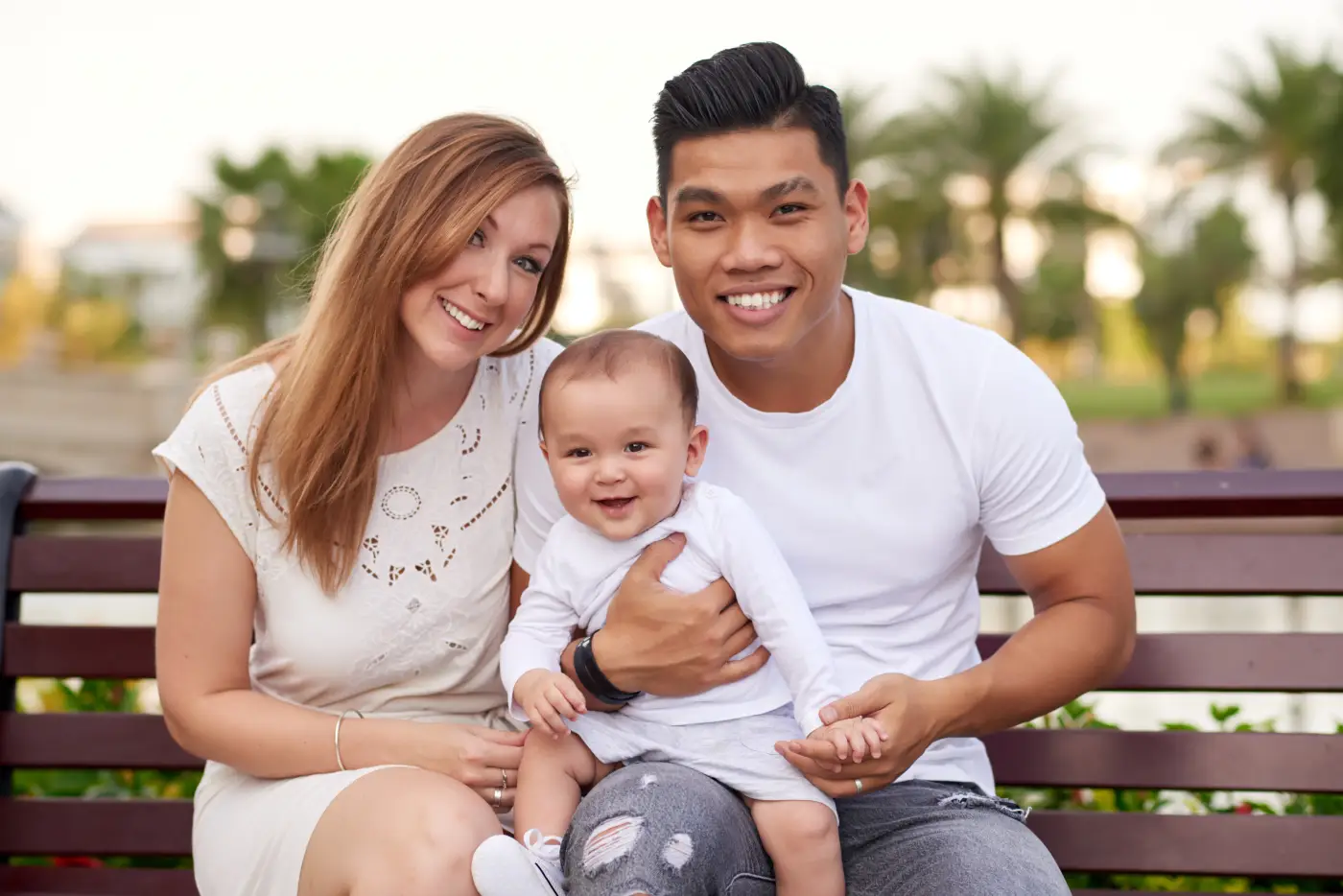Estate Planning for Blended Families: Keeping the Peace and Protecting Everyone

Modern families come in many forms—stepchildren, second marriages, long-term partners, and children from previous relationships. While love may bring a blended family together, Estate Planning is what keeps it from falling apart later.
Without a solid plan, even the most close-knit families can face confusion, conflict, or even legal battles. Here’s how to create an estate plan that protects everyone you love and ensures your legacy is carried out with aloha.
The Challenges of Blended Families in Estate Planning
Blended families often face unique emotional and legal complexities that traditional estate plans may not account for. Common issues include:
- Providing for a current spouse and children from a previous marriage
- Clarifying inheritances for biological vs. stepchildren
- Avoiding accidental disinheritance
- Managing family dynamics after remarriage or divorce
In Hawaii, where multigenerational households and deeply rooted values are common, these dynamics can be even more layered. That’s why clear, legally sound planning is so critical.
Why a Simple Will Isn’t Enough
Many people believe that a Will alone is sufficient, but for blended families, that can lead to unintended consequences.
Let’s say you leave everything to your new spouse, assuming they’ll “do the right thing” and leave assets to your children when the time comes. But once you’re gone, they can legally change their own Will—cutting your children out entirely.
A revocable living trust offers a more flexible, protective solution. It allows you to:
- Provide income or access for your spouse during their lifetime
- Guarantee that remaining assets go to your children afterward
- Set clear rules for distribution that can't be overridden later
Key Strategies for Blended Family Planning
Here’s how to approach your plan with clarity and compassion:
1. Use a Trust to Control Distribution
A properly structured trust can ensure that both your spouse and your children are cared for, in the way you intended. You can even stagger distributions based on milestones, like age or life events.
2. Be Specific About Who Gets What
Vague language causes conflict. Spell out exactly what each beneficiary should receive—including personal items like jewelry, heirlooms, or family land in Hawaii.
3. Name Guardians Carefully
If you have minor children from a previous relationship, be clear about who should raise them—and make sure both parents (if alive) are involved in that discussion.
4. Update Beneficiary Designations
Don’t forget your life insurance, retirement accounts, and joint accounts—these often pass outside of your Will or Trust, and need to reflect your current wishes.
5. Communicate Your Plan
The best way to avoid future tension is to talk about your plan now. While it may feel awkward, transparency can prevent misunderstandings and resentment later on.
How Hawaii Law Affects Blended Families
Hawaii’s estate laws can impact how your assets are divided if you don’t have a plan in place. For example:
- Without a Will, the state decides how your estate is distributed—often favoring your spouse and leaving less to children from prior relationships.
- Joint property may pass automatically to the surviving spouse, even if you intended to leave it to someone else.
- Local real estate, which often holds cultural and emotional value, can be a source of conflict without clear direction.
A Hawaii-based estate planning attorney—like the team at HELP Attorneys—can help you understand these laws and create a plan that reflects both your legal needs and your family values.
Taking the First Step: Plan With Intention
Blended families thrive when there’s mutual respect, clear communication, and intentional planning. An estate plan is not just about dividing assets—it’s about honoring your relationships and protecting the people who matter most.
Here’s how to prepare:
- List all your assets and how they’re titled
- Think about who you want to inherit from you—and in what way
- Have honest conversations with your spouse or partner
- Schedule a consultation to discuss your goals with an attorney who understands Hawaii’s family dynamics
Conclusion
Every family is different—and that’s why every estate plan should be, too. Blended families deserve estate plans that are thoughtful, clear, and built to protect the unique bonds you’ve created. Contact us today to build a plan that brings peace of mind to your ohana and security to your legacy.

Our Approach to Estate Planning
At Hawaii Estate Law & Planning, we specialize in crafting legacies that stand the test of time. Learn why we are the best option to secure your family's future.

Meet the Team
Learn about our founder, Attorney Isaiah Cureton, and meet our caring, empathetic, and experienced team dedicated to keeping your family and assets safe.

.webp)
